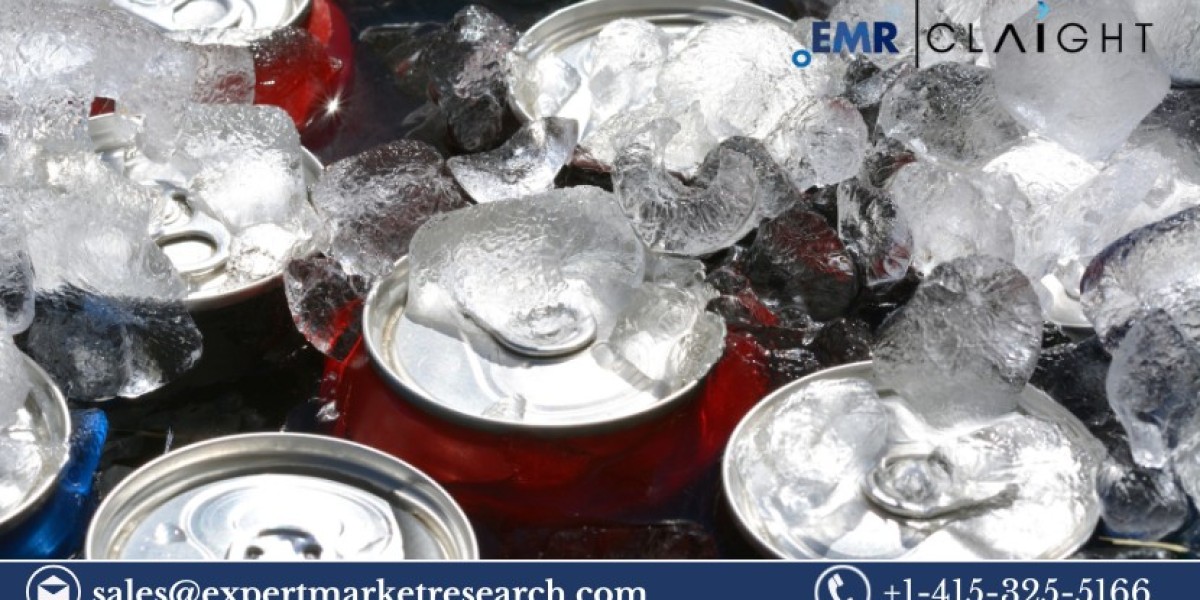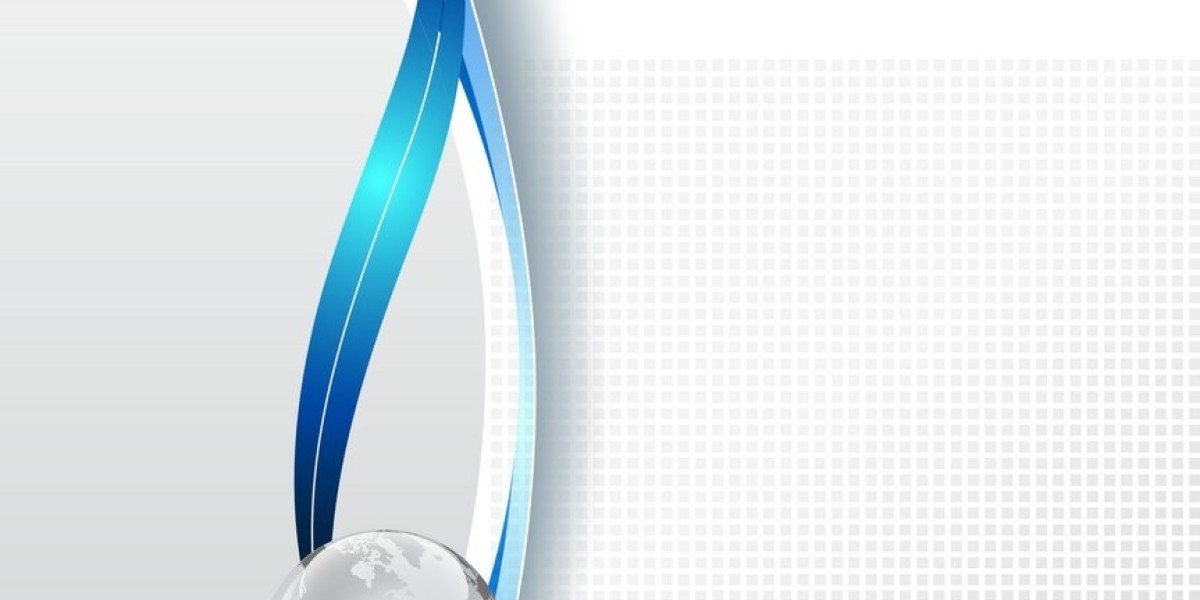The United States soft drinks market is projected to experience a strong and steady growth trajectory, with a compound annual growth rate (CAGR) of 4.1% between 2025 and 2034. The demand for beverages in the U.S. continues to evolve, driven by changing consumer preferences, emerging trends, and a rapidly expanding market. As the largest consumer market for soft drinks globally, the United States remains at the center of innovation and competition. In this article, we will delve into various aspects of the U.S. soft drinks market, including its outlook, trends, dynamics, opportunities, challenges, and competitor analysis.
United States Soft Drinks Market Outlook
The outlook for the United States soft drinks market is promising, with several factors contributing to its growth. From 2025 to 2034, the market is expected to grow at a CAGR of 4.1%, reflecting an increasing demand for both traditional and innovative soft drinks. This growth is underpinned by several key trends, including the rising popularity of functional beverages, the expansion of low-sugar and sugar-free options, and the growth of sustainable and eco-friendly packaging.
Key factors influencing the market outlook:
Consumer Demand for Health-Conscious Options: As consumers become more health-conscious, they are increasingly seeking beverages that align with their health goals. This has led to a rise in demand for low-calorie, sugar-free, and organic soft drinks. Additionally, beverages with functional benefits, such as vitamins, electrolytes, and probiotics, are gaining popularity.
Innovation in Product Offerings: Brands are constantly innovating to meet consumer demands. This includes the development of new flavors, ingredients, and formats. The introduction of carbonated water, kombucha, and enhanced waters has captured consumer interest, diversifying the traditional soft drink category.
Sustainability Trends: Growing environmental concerns have pushed companies to adopt more sustainable practices. This includes using recyclable packaging, reducing plastic waste, and promoting environmental initiatives. Consumers are more inclined to support brands that align with their values of sustainability.
Rising Disposable Income: As the disposable income of U.S. consumers increases, spending on premium and convenience beverages is also rising. This trend has led to greater demand for higher-end products, such as flavored sparkling waters, specialty sodas, and craft beverages.
United States Soft Drinks Market Share Trends
The U.S. soft drinks market is dominated by a few large players, but there is also room for growth and innovation, especially in the niche segments. The market can be segmented based on product type, distribution channel, and region. Below, we explore the market share of key categories and identify emerging trends:
Market Share by Product Type
Carbonated Soft Drinks (CSDs): Carbonated soft drinks remain the largest segment in the U.S. soft drinks market. Major brands such as Coca-Cola, Pepsi, and Dr Pepper continue to lead this category. However, the carbonated drink market is experiencing slow growth due to changing consumer preferences toward healthier options.
Non-Carbonated Beverages: Non-carbonated beverages, including bottled water, juices, iced tea, and energy drinks, are seeing a rapid increase in popularity. Consumers are shifting from sugary sodas to healthier alternatives, such as bottled water and fruit juices.
Functional Beverages: The functional beverage segment, which includes beverages enriched with vitamins, minerals, and probiotics, is one of the fastest-growing categories. Products such as kombucha, vitamin-infused water, and energy drinks with added benefits are gaining traction among health-conscious consumers.
Emerging Trends in the Soft Drinks Market
Health and Wellness Focus: As part of the broader health and wellness trend, consumers are moving toward drinks with added health benefits. Functional drinks with immunity-boosting properties or those containing natural ingredients such as herbs and antioxidants are expected to see significant growth in the coming years.
Sustainability and Eco-Friendly Packaging: Many leading soft drink manufacturers are shifting towards sustainable practices. This includes using plant-based packaging materials and reducing the use of plastic. The eco-conscious consumer prefers brands that make an effort to reduce their environmental footprint.
Sugar Reduction and Clean Label Products: With growing awareness of the negative health effects of sugar, many consumers are opting for beverages with lower sugar content or zero-calorie options. Additionally, consumers are increasingly seeking products with clean labels, which means fewer artificial ingredients and preservatives.
Innovative Flavors and Local Ingredients: The trend toward unique and exotic flavors continues to grow. Many brands are experimenting with local fruits and spices, offering new taste experiences. This trend also involves incorporating plant-based ingredients, which appeals to vegan and plant-forward consumers.
Get a Free Sample Report with Table of Contents:
https://www.expertmarketresearch.com/reports/united-states-soft-drinks-market/requestsample
United States Soft Drinks Market Dynamics Trends
The U.S. soft drinks market is influenced by various dynamics that shape its development, including consumer behavior, regulatory factors, technological innovations, and the competitive landscape. Lets examine the key market dynamics:
Consumer Behavior and Preferences
Consumer preferences in the U.S. soft drinks market are shifting toward healthier alternatives. There is growing awareness of the risks associated with excessive sugar consumption, leading to an increased demand for beverages with lower sugar content, natural sweeteners, and functional benefits. Additionally, millennials and Gen Z consumers, in particular, are more inclined to choose drinks that are not only flavorful but also align with their health, ethical, and sustainability values.
Regulatory Factors
The soft drinks industry in the U.S. faces increasing regulatory scrutiny, particularly related to sugar content and labeling. In response to growing health concerns, the U.S. government has implemented sugar taxes in certain regions, and this could further influence product formulation and pricing. Manufacturers are also facing pressure to include transparent ingredient labeling and reduce the use of artificial ingredients.
Technological Innovations
Technology continues to play a key role in shaping the U.S. soft drinks market. Innovations in production processes, such as enhanced filtration techniques, are helping to improve the quality and taste of beverages. Moreover, new packaging technologies are helping companies reduce their environmental impact, such as the development of biodegradable or recyclable packaging materials.
Competitive Landscape
The soft drinks market is highly competitive, with both established companies and new entrants vying for market share. Major players in the industry, including Coca-Cola, PepsiCo, Nestl, and Keurig Dr Pepper, dominate the market. These companies are constantly innovating and diversifying their product portfolios to stay ahead of emerging trends.
However, niche players focusing on health-conscious and organic beverages, such as kombucha brands or energy drink startups, are gaining market share. The market is also seeing an influx of local craft brands that cater to specific consumer preferences, particularly those seeking natural or low-sugar options.
United States Soft Drinks Market Opportunities and Challenges
Opportunities
Growing Demand for Functional Beverages:
The increasing interest in beverages with health benefits presents a huge opportunity for companies to introduce new product lines. Functional drinks that support digestion, hydration, or immune health are expected to gain momentum.
Expansion into Emerging Markets:
As North America remains the leading region for the soft drinks market, there are significant growth opportunities in other regions, particularly in Asia Pacific, which is the fastest-growing region. U.S. brands have the potential to expand their reach into emerging markets, where demand for soft drinks is on the rise.
Sustainability Initiatives:
Brands that prioritize sustainability are likely to resonate with eco-conscious consumers. There is a growing demand for eco-friendly products, which offers an opportunity for companies to innovate in packaging and supply chain management.
Premiumization of Products:
With rising disposable incomes, consumers are willing to pay more for premium, artisanal, or organic beverages. Brands can capitalize on this by offering high-quality and differentiated products.
Challenges
Health Concerns and Sugar Regulation:
Increasing concerns about sugar consumption and the implementation of sugar taxes pose a challenge for traditional soft drink brands. Reformulating products to meet new health standards while maintaining taste could prove to be a significant hurdle.
Intense Competition:
The market is highly competitive, with numerous players offering similar products. Competing against established brands and maintaining consumer loyalty is a constant challenge for new entrants and smaller companies.
Supply Chain Disruptions:
Global supply chain disruptions, including shortages of raw materials and increased transportation costs, can impact production and distribution, leading to price hikes and inventory shortages.
Competitor Analysis
The United States soft drinks market is dominated by a few key players, but there are also a significant number of regional and emerging brands that are creating competition in various segments.
AriZona Beverages USA: Known for its iced teas and juice drinks, AriZona has built a strong reputation with its affordable pricing and variety of flavors, appealing to both mainstream and health-conscious consumers.
Adams Beverages: A regional distributor that focuses on providing a range of beverages, including soft drinks, and is known for local product offerings and tailored marketing strategies.
PRIME Hydration, LLC: A newer entrant in the market, PRIME is focused on hydration beverages, particularly targeting the younger demographic with its high-quality ingredients and celebrity endorsements.
GOODSPORT NUTRITION, LLC: A company specializing in performance beverages, GoodSport Nutrition provides functional drinks aimed at hydration and recovery, gaining popularity among fitness-conscious consumers.
Others: This category includes various smaller, niche players that contribute to the market, often focusing on unique product formulations, organic ingredients, or regional specialties.
Explore our trending Blogs Reports:
https://www.expertmarketresearch.com/articles/top-construction-companies
Company Name: Claight Corporation
Contact Person: James Jon, Business Consultant
Email: sales@expertmarketresearch.com
Toll Free Number: US +1-415-325-5166 | UK +44-702-402-5790
Address: 30 North Gould Street, Sheridan, WY 82801, USA
Website:www.expertmarketresearch.com







